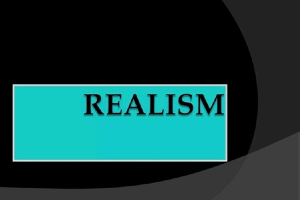The Chairman of the Public Interest and Accountability Committee (PIAC), Dr Steve Manteaw, has said Ghana does very poorly with its oil contract negotiations with both local and foreign companies.
Apart from the inability to negotiate well, those contracts, Dr Manteaw said, are also characterised with bribery, cronyism and other forms of corrupt practices.
Speaking at a public forum organised by the Caucus for Democratic Governance, Ghana (CDG-GH) on the theme: “On the $30 billion state capture in Ghana’s oil industry” on Tuesday, 7 May 2019, Dr Manteaw called for strict regulations to be put in place to deal with the corruption associated with oil contracts in the country.
He said: “Let me make the point that those who negotiate deals for us in the name of the Republic recognise that as citizens, they owe us an explanation for what they do with the power we have vested in them”.
“I have not been happy with how they have negotiated oil contracts in this country, right from day one, from the EO Group. Let us remember that at the time the EO Group was assigned its 3.5%, the company did not exist and we call it sweat equity.”
He added: “We need to have strict rules on how we treat local participation in the sector, otherwise you will have cronyism in ways that short change the country”.
“Then we have another situation where a certain Joe Ofori was caught up in the Afren contract. Later on, there was an attempt to wriggle the 2% stake from Joe Ofori for allegedly being suspected to belong to a certain political party” Dr Manteaw added.
He said: “A study undertaken by the Civil Society Platform on oil and gas with support from Star Ghana identified contracting as a major risk in the extractive industry value chain, political capture, rent-seeking usually facilitated by opacity, bribery, cronyism are all forms of corruption associated with contracting and we need to have strict rules to prevent these from happening.”
Business News of Wednesday, 8 May 2019
Source: classfmonline.com













